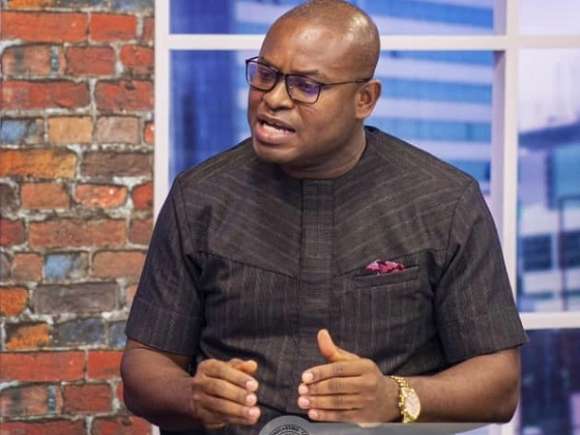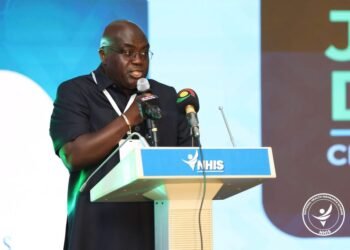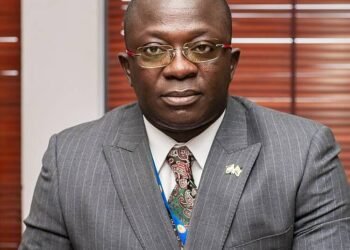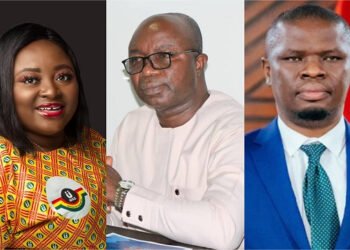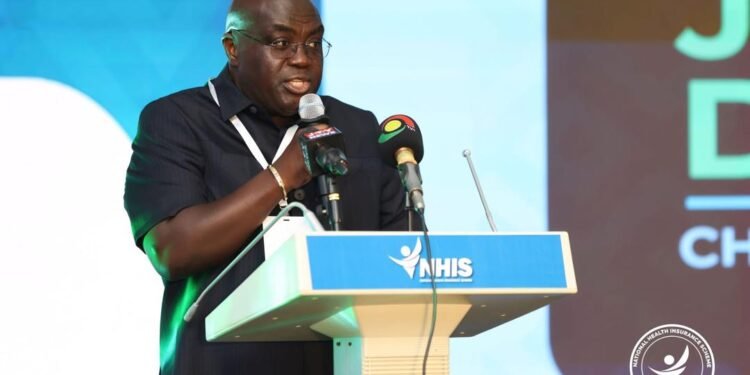The recently introduced fuel levy by the Mahama administration has drawn sharp criticism from the New Patriotic Party (NPP), with the party’s Director of Communications, Richard Ahiagbah, accusing the government of violating its own promises and imposing unjust hardship on Ghanaians.
According to Ahiagbah, the new tax measure, which he dubbed the “Energy Sector Dumsor Levy,” is even more burdensome than the controversial Electronic Transactions Levy (E-levy).
He described the policy as a betrayal of trust, asserting that the National Democratic Congress (NDC) and its 2024 flagbearer, President John Dramani Mahama, had campaigned on a platform of tax relief, not tax hikes.
“This is not what the NDC-Mahama 2024 campaign promised Ghanaians. The NDC has failed to deliver on the promise to: Scrap a list of taxes: the COVID-19 levy, which they argued has outlived its essence, is still being collected.
“[The NDC promised] Not to raise taxes: the 2025 Budget introduced new taxes, and now this draconian, all-encompassing Energy Sector Dumsor levy. This is a betrayal of historic proportions, or shall we say, unprecedented deceit of the Ghanaian people in the history of this Fourth Republic.”
Richard Ahiagbah
Ahiagbah maintained that the government should prioritize addressing the underlying issues within the energy sector, particularly by revisiting and renegotiating the power purchase agreements (PPAs) that were signed during Mahama’s first term.
He pointed out that these contracts have cost the country approximately $1 billion each year, placing a heavy strain on the energy sector.

In his view, the newly introduced fuel levy unfairly shifts the financial burden of these problematic agreements onto ordinary Ghanaians, who had no role in their creation.
He characterized the levy as an unnecessary imposition that adds to past policy missteps by saddling citizens with additional costs instead of pursuing genuine reforms.
“What have we done to deserve this abuse by President John Dramani Mahama and the NDC? This Dumsor levy will be paid by every Ghanaian; it doesn’t matter what your station in life is; even babies in the womb will be impacted if this Dumsor levy becomes operational.”
Richard Ahiagbah
Fuel Levy Is Misguided And Unfair
Richard Ahiagbah also questioned why the same leader who had signed what he called “atrocious” contracts with the PPAs would now turn around and compel Ghanaians to pay for them.
He emphasized that the state should not shift the consequences of poor policy choices onto the public.
“What have we done, Mr. President? Mr. President, why are you not renegotiating the harmful power purchase agreements signed in your first term to ease the debt pressure on the energy sector?”
Richard Ahiagbah
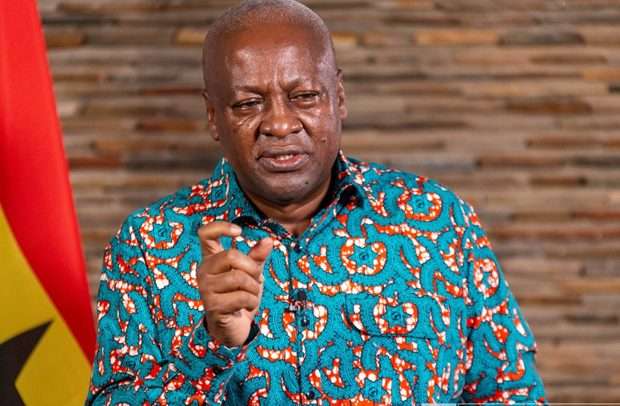
The NPP spokesperson also criticized what he described as a troubling lack of accountability within the NDC, pointing to the noticeable absence of dissenting voices among the party’s moderate members.
He implied that this silence allows questionable policies to proceed unchecked, particularly those that may be politically motivated.
His remarks suggested that the fuel levy could be part of a broader strategy to penalize certain individuals or constituencies seen as aligned with the ruling party.
Though he did not provide detailed examples, his appeal for President Mahama to step in indicated underlying political frictions that extend beyond economic policy.
“How long would this show of power continue? How long? H.E. President John Dramani Mahama, sir, it’s time to intervene to end this needless dangling of power in the face of citizens…It is costly.”
Richard Ahiagbah
Calling for a pivot in national priorities, Ahiagbah urged the government to focus on creating meaningful opportunities for young people instead of imposing what he described as harsh and regressive fiscal measures. “This is a democracy. Let’s apply our energies to create opportunities for our youth and all.”

The fuel levy, according to Ahiagbah, is emblematic of a broader governance failure—one that burdens the citizenry without delivering the reforms needed to stabilize Ghana’s energy sector.
Without a clear strategy to tackle inefficiencies, renegotiate expensive contracts, and introduce accountability mechanisms, he warned that Ghana risks locking its people into a cycle of fiscal pressure without structural relief.
As controversy over the new levy grows, uncertainty lingers over how the Mahama administration plans to align its campaign pledges with its current fiscal strategy.
At the same time, it remains to be seen whether the opposition NPP’s vocal criticism—despite its own legacy of energy sector debt—will carry enough weight to prompt a reassessment of the contentious tax policy.
READ ALSO:IPGG Endorses Energy Levy as Lifeline for Ghana’s Power Sector

